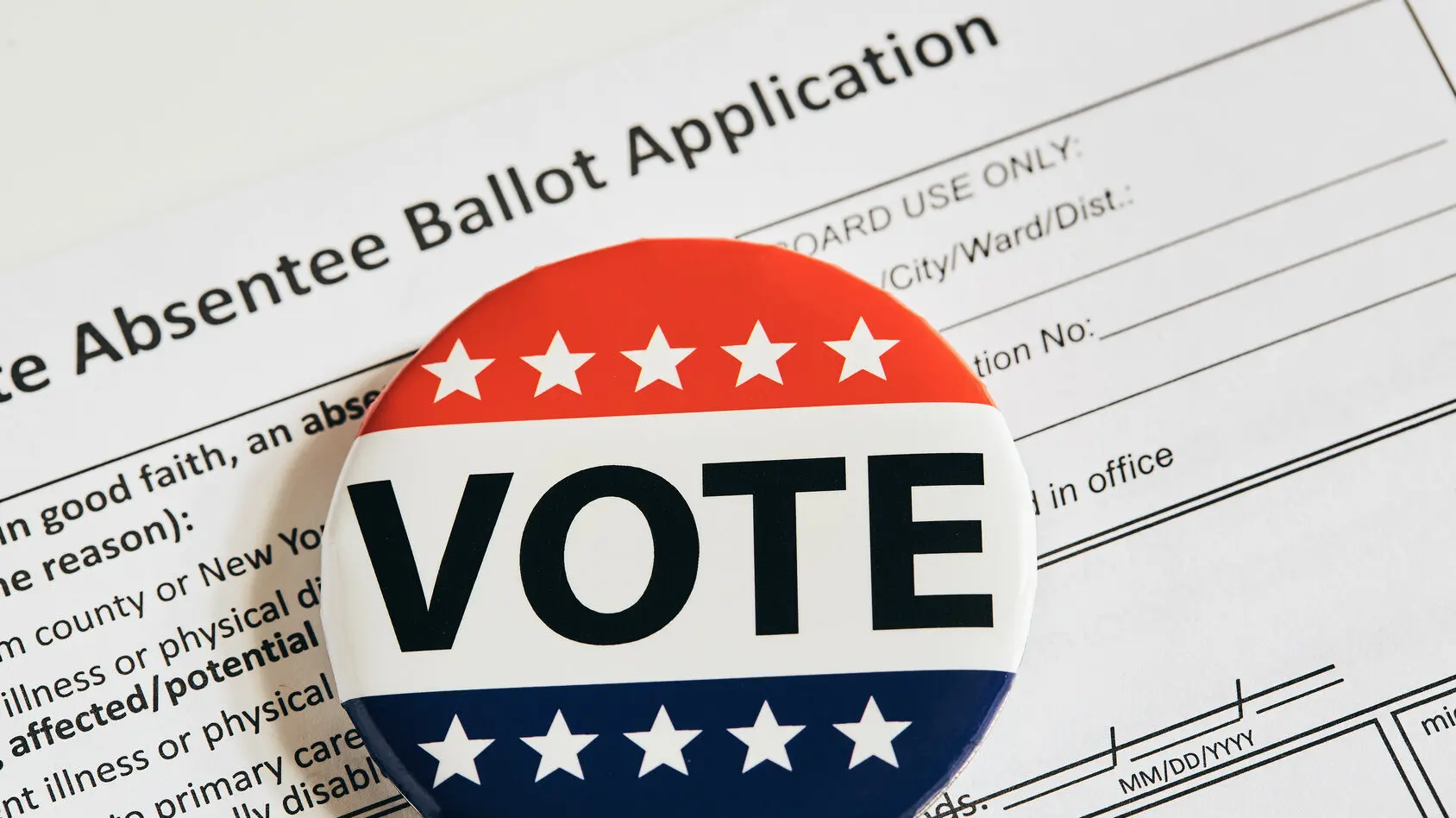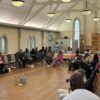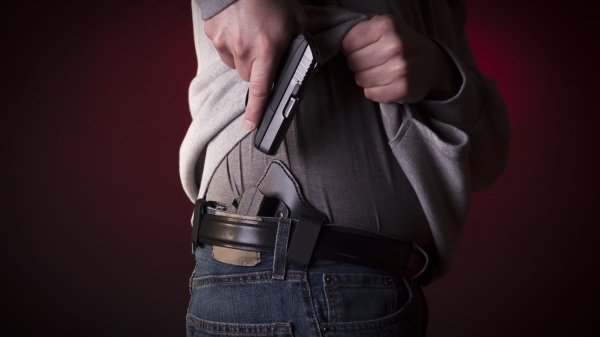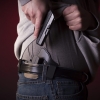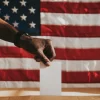|
Getting your Trinity Audio player ready...
|
A coalition of civil rights, voting rights, and disability rights organizations on Friday filed a motion for a preliminary injunction in Alabama State Conference of the NAACP et al. v. Marshall et al. With this motion, the coalition asks the court to pause the state of Alabama from criminalizing the assistance of voters with their absentee ballot applications, which now may result in felony penalties of up to 20 years in prison.
If timely granted, the requested injunction would prevent the state from implementing the recently enacted Senate Bill 1 (SB1) prior to October 29, 2024, the last day to apply for an absentee ballot by mail for the November 2024 General Election. A preliminary injunction would ensure SB1 cannot be enforced while Plaintiffs seek to obtain a permanent injunction at the end of the litigation.
“Any law that creates barriers to voting undermines the fundamental principles of our democracy and must be stopped,” said Kathy Jones, president of the League of Women Voters of Alabama. “SB1 unjustly targets individuals and organizations that voters with disabilities depend on to access their ballots. The League of Women Voters of Alabama urges the court to block this law so we can continue our work to ensure Alabamians have their voices heard this fall.”
Under SB1, nonpartisan civil rights, voting rights, and disability rights organizations, along with their volunteers, fear criminal penalties for engaging in routine voter assistance and constitutionally protected activities.
“As a result of SB1’s vague and undefined language, community organizations and volunteers are left to wonder if their routine voter engagement activities could result in felony penalties,” said Alison Mollman, legal director of the ACLU of Alabama. “Through this preliminary injunction, we are asking the court to not allow Alabama to put into place these unnecessary, overbroad, and unclear restrictions until this case can be fully litigated.”
The lawsuit challenging SB1 was filed in the United States District Court for the Northern District of Alabama by the League of Women Voters of Alabama (LWVAL), the Alabama State Conference of the NAACP (Alabama NAACP), Greater Birmingham Ministries (GBM), and Alabama Disabilities Advocacy Program (ADAP). Plaintiffs are represented by Campaign Legal Center (CLC), Legal Defense Fund (LDF), Southern Poverty Law Center (SPLC), Alabama Disabilities Advocacy Program (ADAP), and the American Civil Liberties Union of Alabama (ACLU-AL).
“SB1 is an outright assault on our basic rights and the democratic process,” said Benard Simelton, president of the Alabama NAACP. “Criminalizing individuals for participating in their civic duties destroys the very essence of liberty and freedom, and it strips citizens of their fundamental rights. We are urging the courts to hear our voices, and overturn SB1.”
“Greater Birmingham Ministries, a nonpartisan, pro-democracy, faith-based organization, opposes SB1 because it creates barriers to a more informed, more assisted, more engaged voter base who must vote absentee; including the many people with disabilities, shift workers who don’t know their shifts well in advance, and even those legally incarcerated and convicted persons whose convictions still allow them to vote and can build their sense of being fully returned to citizenship and all that it means,” said Scott Douglass, executive director of Greater Birmingham Ministries. “GBM supports senior citizens on walkers, those who are blind, amputees, people with other health issues, and all others who will truly suffer losing their fullness of engagement in our civil society under SB1.”
“SB1 is an ill conceived ‘fix’ desperately in search of a non-existent problem,” said William Van Der Pol, senior trial counsel for ADAP. “The only thing it accomplishes is to raise additional and unnecessary barriers for voters whose only avenue to have their voices heard, such as voters with disabilities, the elderly and the infirmed, is through absentee voting.”
“SB1 chills neighbors and caretakers from assisting one another to exercise their voting rights,” said Jess Unger, senior staff attorney for voting rights at the Southern Poverty Law Center. “This measure not only undermines the essence of community support and civic culture but also obstructs the fundamental democratic process.”
“SB1 is an attack on Alabama’s voters and community organizations,” said Valencia Richardson, legal counsel for voting rights at Campaign Legal Center. “We should celebrate, not punish, civic-minded people who help voters make their voice heard. Instead, with a crucial election approaching, Alabamians face the prospect of major criminal penalties for ordinary civic engagement work — which is why it is so essential that the court block this vague anti-voter law while litigation is ongoing.”
“SB1 has no place in our democracy,” said Anuja Thatte, assistant counsel at the Legal Defense Fund. “The criminalization of people willing to ensure our electoral system is accessible to fellow citizens is antithetical to a true inclusive democracy that values the rights and contributions of its citizens. Today’s filing seeks to protect these rights while our case proceeds.”








































